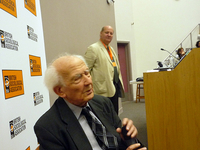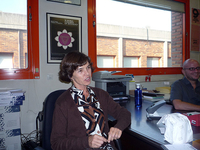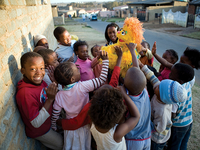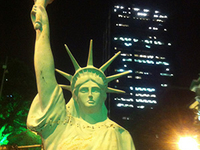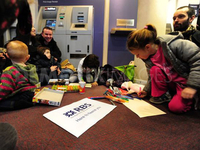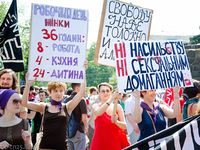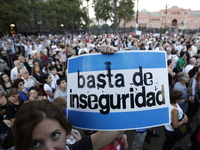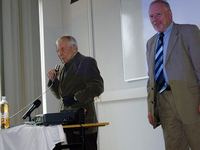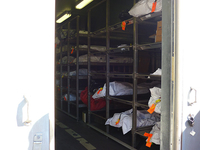GD 2.5 - August 2012
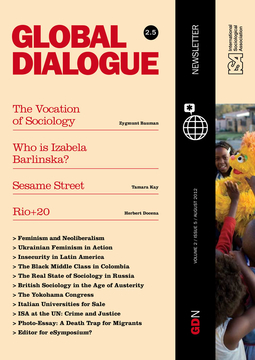
Global Dialogue is available in multiple languages!
Select the language to download the issue.
Editors:
Michael Burawoy.
Associate Editor:
Margaret Abraham, Tina Uys, Raquel Sosa, Jennifer Platt, Robert Van Krieken.
Managing Editors:
Lola Busuttil, August Bagà.
Media Consultant:
Annie Lin, José Reguera.
Consulting Editors:
Izabela Barlinska, Louis Chauvel, Dilek Cindoğlu, Tom Dwyer, Jan Fritz, Sari Hanafi , Jaime Jiménez, Habibul Khondker, Simon Mapadimeng, Ishwar Modi, Nikita Pokrovsky, Emma Porio, Yoshimichi Sato, Vineeta Sinha, Benjamin Tejerina, Chin-Chun Yi, Elena Zdravomyslova.
REGIONAL EDITORS
Arab World: Sari Hanafi , Mounir Saidani.
Brazil: Gustavo Taniguti, Juliana Tonche, Pedro Mancini, Fabio Silva Tsunoda, Célia da Graça Arribas, Andreza Galli, Renata Barreto Preturlan.
Colombia: María José Álvarez Rivadulla, Sebastián Villamizar Santamaría, Andrés Castro Araújo.
India: Ishwar Modi, Rajiv Gupta, Rashmi Jain, Uday Singh.
Iran: Reyhaneh Javadi, Shahrad Shahvand, Saghar Bozorgi, Fatemeh Moghaddasi, Najmeh Taheri.
Japan: Kazuhisa Nishihara, Mari Shiba, Kousuke Himeno, Tomohiro Takami, Yutaka Iwadate, Kazuhiro Ikeda, Yu Fukuda, Michiko Sambe, Takako Sato, Shohei Ogawa, Tomoyuki Ide, Yuko Hotta, Yusuke Kosaka.
Poland: Mikołaj Mierzejewski, Karolina Mikołajewska, Jakub Rozenbaum, Kamil Lipiński, Adam Muller, Wojciech Perchuć, Anna Piekutowska, Zofi a Włodarczyk.
Russia: Elena Zdravomyslova, Anna Kadnikova, Elena Nikiforova, Asja Voronkova, Alexander Kondakov.
Taiwan: Jing-Mao Ho.
Turkey: Aytül Kasapoğlu, Nilay Çabuk Kaya, Günnur Ertong, Yonca Odabaş.
GD 2.5 - August 2012
Editorial
Max Weber delivered his inspired and inspiring lectures – “Science as a Vocation” and “Politics as a Vocation” – at the invitation of Munich students in 1917 and 1919. He poured his whole life experience, as scientist and politician, into these lectures, developing a sociology of vocations but not directly examining the vocation of sociology. Global Dialogue draws on his legacy to inaugurate a new series called “Sociology as a Vocation.”
Fittingly, we begin with Zygmunt Bauman who sits uncomfortably with Weber’s divide between science and politics. Contra Weber, for Bauman science today too easily becomes politics in the form of managerial reason, while politics has been separated from power. For Bauman, then, sociology must transcend the divide between science and politics by opening a two-way dialogue with publics.
Such an open dialogue is endorsed in this issue by fellow Polish sociologist, Izabela Barlinska’s account of civil society in the period of Solidarity, by Tamara Kay’s account of the negotiated adaptation of Sesame Street to the politics and culture of different countries, and by Koichi Hasegawa’s urging of Japanese sociology to champion public dialogue about the dangers of nuclear power. For long, feminists have promoted public dialogue to protest the marginalization of women and sexual minorities, and here Tamara Martsenyuk describes the expressive street politics of feminism in Ukraine. Finally, it is this dialogue between science and social movements that Herbert Docena finds missing in the recent UN Conference for Sustainable Development (Rio+20), where, instead, scientists claimed a privileged neutrality to access power – the very technocratic reason Bauman disparages.
We need dialogue especially now, writes Bauman, in liquid times defined by uncertainty and insecurity. Our articles in this issue resonate with his concerns: the deepening sense of insecurity in Latin America (Kessler); the consequences of racism for Afro-Colombians (Viveros-Vigoya); UN efforts to deal with violence against migrants (Barbaret); and how the US state is implicated in that violence (Elcioglu). Romanovsky and Toshchenko point to a new Russian sociology that tackles postSoviet economic insecurity. Finally, precarity now engulfs universities – students and faculty alike – in so many places as Corradi describes for Italy. So long as sociology documents these insecurities, so long as insecurities bring about protest, as they certainly do, then hope is not lost.
Full of pessimism about the future – “a polar night of icy darkness” – following Germany’s defeat in World War I, Weber still ends his “Politics as a Vocation” with an optimistic flourish: to achieve the possible it is necessary to reach for the impossible. To advance the impossible as though it were reachable is one of sociology’s noblest tasks, and, ironically, also folds back science into politics and politics into science. Today, therefore, Weber and Bauman join forces.
Michael Burawoy, editor of Global Dialogue
Global Dialogue can be found in multiple languages.
Submissions should be sent to globaldialogue@isa-sociology.org.

